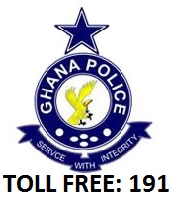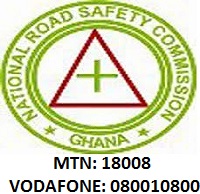
AKUFFO-ADDO’S 9 DIRECTIVES FOR LPG SAFETY IN GHANA

President Akufo-Addo in the aftermath of a horrible gas explosion at Atomic Junction in Accra on October 7, 2017 and on the advice of cabinet has directed that henceforth the Cylinder Recirculation Model of Liquefied Petroleum Gas (LPG) distribution be implemented.
According to a statement signed by the Minister of Information, Hon. Mustapha Abdul-Hamid this model means that LPG Bottling Plants will be sited away from congested commercial and population centers and will procure, brand, maintain and fill empty cylinders to be distributed to consumers and households through retail outlets.
The statement added that low-risk stations will be designated for the supply of gas to vehicles and the “whole exercise must be completed within one year”.
In the interim, the President has directed that the following steps be taken to give comfort to and ensure the safety of our citizens:
1. immediate inspection of all gas stations and the vigorous enforcement of existing regulations by the National Petroleum Authority;
2. review of the current licensing regime to ensure that only those with demonstrable capacity and competence engage in the LPG distribution business;
3. institution of mandatory training and certification of the staff of Regulators, Oil Marketing Companies (OMCs) and LPG Marketing Companies to ensure the safe handling of LPG;
4. review the safety protocols along the entire value chain through the combined efforts of the Environmental Protection Agency (EPA), the National Petroleum Authority (NPA), Ghana Standards Authority (GSA), National Fire Service (NFS), Town and Country Planning Department of the Ministry of Environment, Science, Technology and Innovation and the Factories Inspectorate Department of the Ministry of Employment and Labour Relations;
5. deployment of a task force, within 30 days, to assess the risk that our current LPG infrastructure poses in terms of public health and safety. High-risk stations will be immediately closed down, in accordance with relevant law and without regard to any political or special interests. Low-risk stations will be designated for the supply of gas for vehicles with improved safety standards;
6. the immediate incorporation of standards and guidelines developed by Ghana Standards Authority on the handling, storage and distribution of LPG and other petroleum products as technical regulations to strengthen the enforcement regime;
7. the recruitment by NPA of 200 safety auditors to join the staff of the Factories Inspectorate Department of the Ministry of Employment and Labour Relations to check regularly on all stations to ensure full compliance with safety standards and practices;
8. expedition of action by the Fire Service and the Police Service of on-going investigations. Any operator or regulatory official, against whom any act of criminal negligence is established, will face the full rigors of the law;
9. immediate cessation, until further notice, of all construction of facilities intended for use as gas or petroleum retail stations.
Source: Graphic.com.gh 15 OCTOBER 2017










